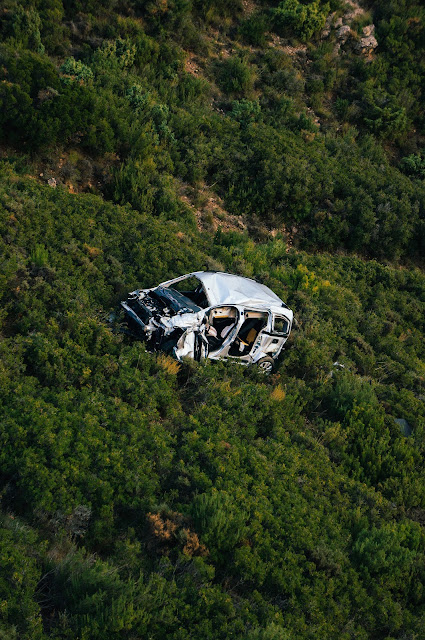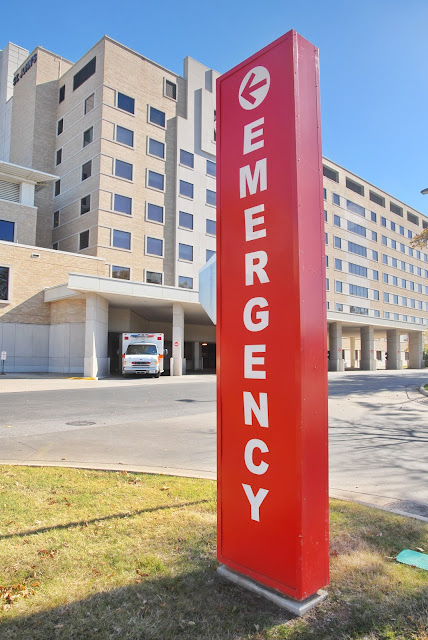In the event of a car accident, there are certain steps you should take to ensure your safety and protect your rights. Despite the emotional and mental stress that comes with an accident, being aware of what to do can help minimize the negative impact. No one wants to be involved in an accident or expects to crash soon, but it’s best to be prepared for eventualities.
Here are the things you need to do after a car accident:
1. Bring Your Car to a Stop
When it is safe, pull over and switch off your engine. If possible, move your vehicle away from traffic to avoid further danger. Don't leave the scene even if there are no injuries, as this can lead to legal and criminal penalties whether or not you’re at fault.
2. Secure the Scene
Set up flares or turn on your emergency lights to alert other drivers and prevent additional accidents. If it's dark and your emergency lights are not working, it's better to move to the side of the road.
3. Seek Emergency Help
Check if you're bleeding. During an adrenaline rush in an accident, you might not be immediately aware of pain or injuries, so it’s best to check as soon as you can. If someone is seriously injured, call 911 to request an ambulance. Time is crucial in an emergency, so act quickly. If possible, administer first aid and follow the instructions of the 911 operator.
4. Recount the Details Accurately
When the police arrive, tell them everything that happened based on the facts. If you're not sure about something, don't speculate or guess. If you don't have any visible injuries and the officer asks if you're hurt, tell them you're not sure. This is because some injuries may not manifest until hours after the accident.
5. Take Photos
Take pictures and videos of the accident scene using your phone or camera. Ensure that you capture both vehicles and their license plates, damages, skid marks, debris, and the other driver and witnesses, if possible. Take pictures of any physical injuries and keep them safe by duplicating and saving them on your cloud storage.
6. Keep a Record
It’s in your best interest to keep a record of all vital information about the driver and witnesses for the purpose of filing an insurance or personal injury claim. Of course, navigating claims with a car accident attorney gives you the best chances of winning the maximum compensation due to you. Since such information will support your case, documenting it just as the crash happened is best as you might forget the subtle details later.
The information to take includes:
● Full name, home address, and cell phone numbers of the other driver
● If the driver isn't the owner of the vehicle, take the name and contact of the actual owner too
● Make, model, color, and year of the vehicle
● License plate
● Insurance information (such as the name of the insurance company, the effective date of the policy, policy number, insured driver(s), and insured vehicle)
● Names and contact information of the witnesses
● Location and time of the wreck
● Full name and badge number of the investigating police officer
● If you need to tow your car due to severe damage, take the towing company and the tow truck driver's contact information. Also, note down where your vehicle is being towed.
7. Report the Accident to Your Insurance Company
Contact your insurance company as soon as possible, even for minor damage. Most insurance providers have a specific timeframe within which you must report the accident to receive coverage. Delays beyond that timeframe could jeopardize your coverage.
Depending on your policy, your insurance may cover accident-related medical expenses for all occupants of your vehicle. Also, inform the other driver's insurance provider via your car crash lawyer.
8. Get Medical Attention
Even if there are no apparent injuries, consider seeking medical attention. Go to the nearest emergency room to ensure you’re okay. Some injuries may not become apparent until hours after the accident and may have long-term health consequences. It's best to be cautious and make sure everyone is okay.
9. Get Legal Help to Protect Your Rights
Finally, with all the evidence and information you have gathered, contact a car accident attorney to help protect your rights. Seek legal advice at every stage of the process and avoid guessing or speculating, especially when dealing with the police and insurance companies.
Final thoughts
Regardless of the severity of the accident, seeking legal advice is important to help protect your rights and ensure that you and your family receive the compensation you deserve for any injuries sustained.


